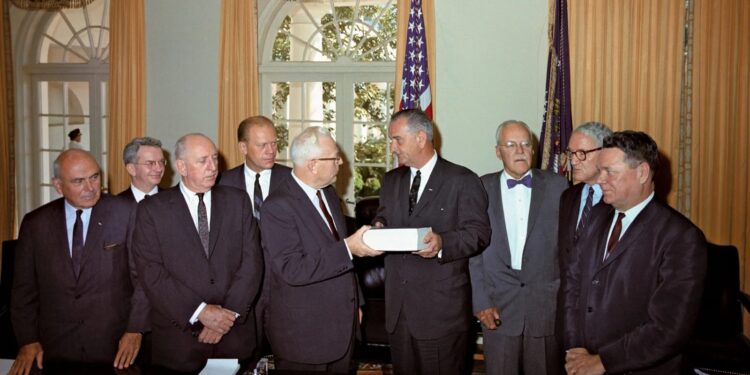Chaired by Chief Justice Earl Warren, the commission comprised seven members, including prominent figures such as Senators Richard Russell and John Sherman Cooper. Over a period of almost a year, the Warren Commission meticulously reviewed evidence, conducted interviews, and analyzed the events leading up to the assassination. In 1964, the commission released its comprehensive report, commonly known as the Warren Report.
The Warren Report concluded that Lee Harvey Oswald acted alone in assassinating President Kennedy from the sixth-floor window of the Texas School Book Depository in Dallas on November 22, 1963. Despite the commission’s efforts to provide a thorough and transparent investigation, skepticism and conspiracy theories have persisted over the years, challenging the official narrative.
Critics have raised questions about the commission’s handling of evidence, the reliance on witness testimonies, and the speed with which the report was produced. The Warren Commission’s findings have fueled speculation and numerous alternative theories about who was responsible for Kennedy’s assassination.
While the Warren Commission aimed to bring closure to the nation regarding the tragic event, its report has not fully quelled the debate surrounding President Kennedy’s assassination. The commission’s legacy is marked by controversy, and its findings continue to be scrutinized and debated to this day.




Recent Comments